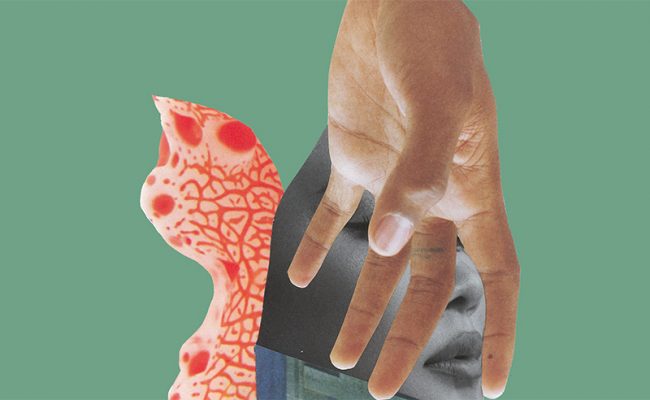It feels like a decade has passed since we moved to Melbourne to take up work in the unceded lands of the Kulin nations. In our first days here, we attended several sessions of the Activism @ the Margins Conference, held in RMIT’s Capitol Theatre. It was perhaps the most diverse and interdisciplinary conference we’ve attended in our careers, with dozens of presentations challenging already contested boundaries of critical and creative performance.
In the year we’ve all had, holding academic discourse accountable to material reality is a hell of a task, but one all scholars should consider central to their practice. In addition to our regular poetry and fiction, in Overland’s 240th issue we present a series of essays on the question of activism, drawn entirely from Globally Indigenous writers who contributed to that conference, organised by Olivia Guntarik and Victoria Grieve-Williams. Activism might be definitionally marginal in an institutional sense; and these essays are anything but conventional academic texts in the pejorative and quiescent sense of the term, as Guntarik and Grieve-Williams’ framing statement makes clear. N’Arweet Dr Carolyn Briggs’ essay on identity and connection situates activism within the history and traditions of Indigenous resistance. In ‘When I Speak, I Speak for the Land’ Adrian Burragubba articulates the importance of linking environmental activism to Indigenous sovereignty. Puralia Meenamatta-Jim Everett takes this point and expands it, linking the history of Indigenous survival to the activism of future generations. Our other essays examine similar thematic questions, interrogating moments of confl ict, histories of struggle and of solidarity between Indigenous epistemology, modern institutions, and other activist causes.
The perspectives and forms presented here are as diverse as the voices of contemporary Indigenous writing. They articulate lives and struggles deeply marked by dispossession and colonial violence; they show the cost of resistance. But they also speak to hopes and pursuits
which unify the oldest living cultures in the world in the conviction that we will continue to survive into the restoration of our sovereignties.
Solidarity, bugalwan.
Read the rest of Overland 240
If you enjoyed this piece, buy the issue
Or subscribe and receive
four brilliant issues for a year




